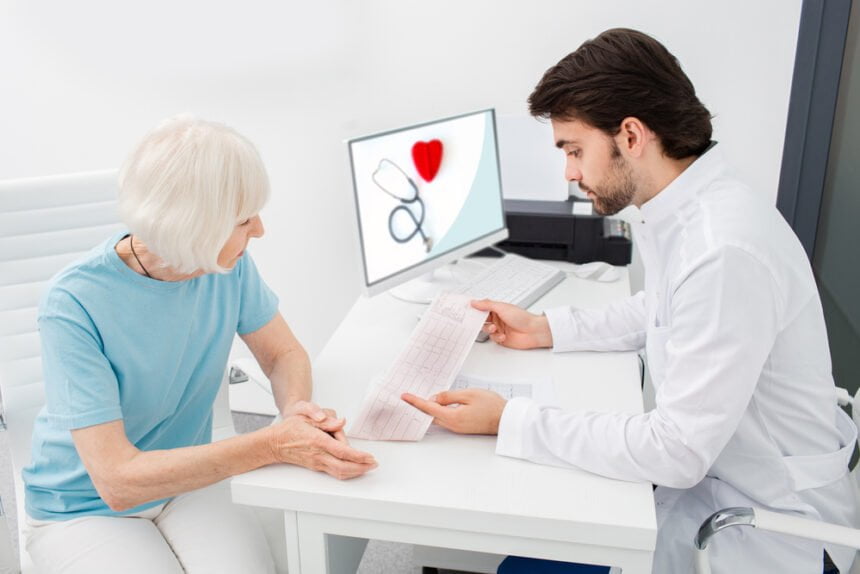When it comes to our aging population, there are a lot of misconceptions and harmful stereotypes, especially related to technology. Among the most egregious of those stereotypes is that older people don’t know anything about technology, and don’t care to know. They are all too old to care. They are set in their ways. Technology is scary to them. If you want them to interact with technology at all, it has to be very basic because they couldn’t possibly handle anything more than that. When it comes to their health, they have enough to worry about. So just explain the tech to their children or caretakers. Leave them out of it as much as possible.
This, of course, is complete nonsense!
Older people have been using technology for their whole lives. It is just not necessarily the technology you use today. But many of them have always been on the cutting edge. They have made a life out of learning and implementing new technology. They have the bandwidth to keep learning. Many could teach you a thing or two about computers and smartphones. They also understand that technology is essential to modern healthcare, especially in rural areas. So, whatever you do, don’t participate in technological bigotry. That said, not everyone will be on the same level as you with regard to tech. Throw out those old stereotypes and do the following with regard to older patients:
Teach Them How to Research Their Health
If you are an older doctor, you remember what it was like when learning to use technology to research your patient’s health needs. There was a learning curve. But it wasn’t nearly as hard as you imagined. One of the first things you learned to do was use the internet to help vet your employees.
It is even easier than it was before to acquire an employee background check online. Technology makes that process not only easier, but more affordable than ever.
Your patients can learn how to use the internet to look up their symptoms, find specialists who take their insurance, and determine which home remedies are safe to try before seeing a doctor. More advanced users can learn to check for drug interactions using the same tools as you do. When patients are more engaged with their health, they stand a much better chance of recovery. Don’t allow your older patients to become passive receptacles to your medical pronouncements. Teach your patients how to use the technology they already have so they can take control of their health. You can make a real difference just by sharing one or two useful web resources.
Recommend Consumer Health Tech
Technologies that can help you keep track of your health are a dime a dozen. They are modern miracles that are also highly accessible. You don’t need a prescription to buy an Apple Watch and have it monitor your gait for signs of a fall. It can do that now.
That heart rate technology just continues to evolve. $200 will buy you something with a lot of features that most seniors will not have a problem learning to use. Don’t cut them out of the technological health revolution because you have deemed them incapable of utilizing the tech. Even for those patients with a steeper learning curve, it is well worth it. After all, saving lives is worth the effort.
Be More Accessible
Many older patients will be hard of hearing and seeing. Some of the websites and tech that would benefit them most are not designed in the most accessible ways. Videos don’t have captions and text is too small to read. You can help by doing a bit of research and recommend those products and services that are accessible. Pretty much everything that Apple makes has a high level of accessibility built in, including wearables. Other companies are starting to take it more seriously as well. You might be able to help just by showing them how to enlarge text in a browser window. It is trivially easy with a few exceptions.
Your older patients deserve the same quality of care as you give to all your patients. Let go of outdated stereotypes and help your older patients learn to research their own health, use readily available consumer tech to monitor their health, and show them how to make those resources more accessible. It is easier than you think. And the payoff will be more lives saved.

